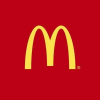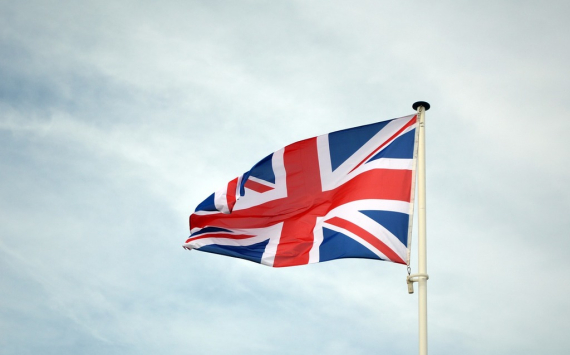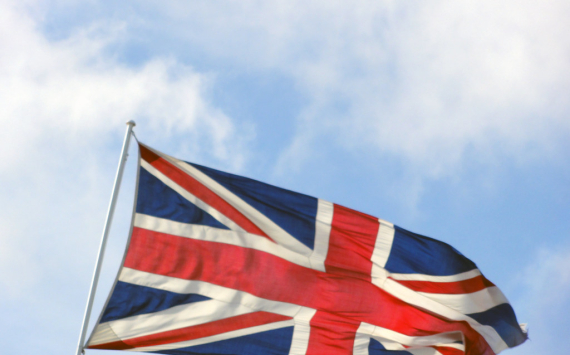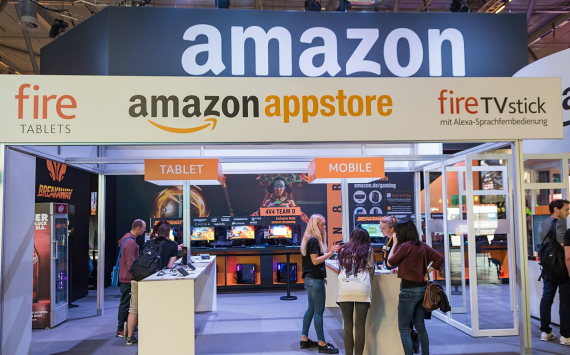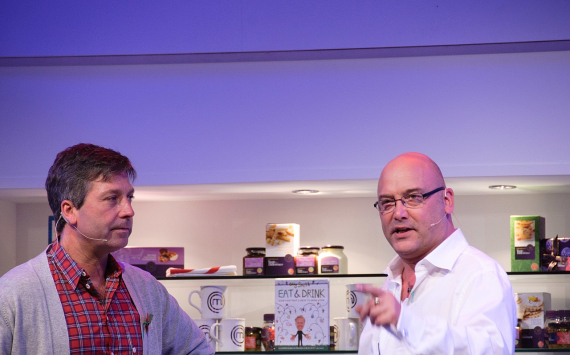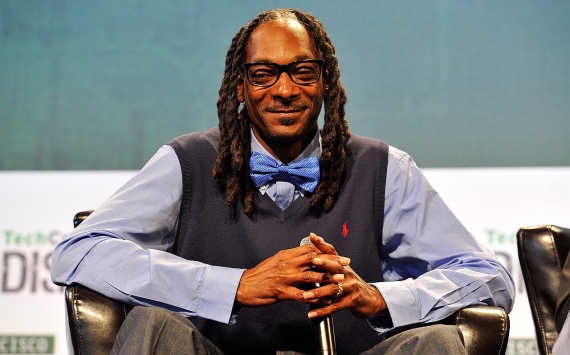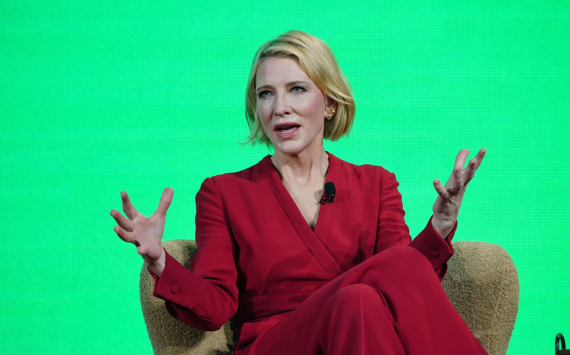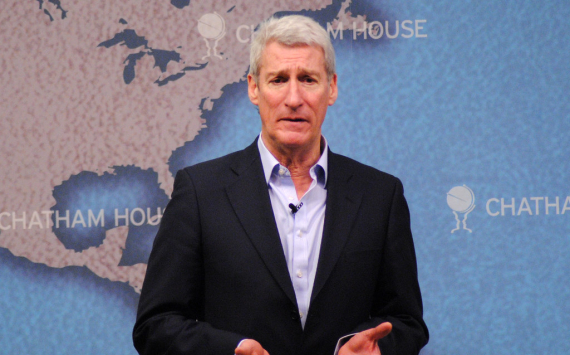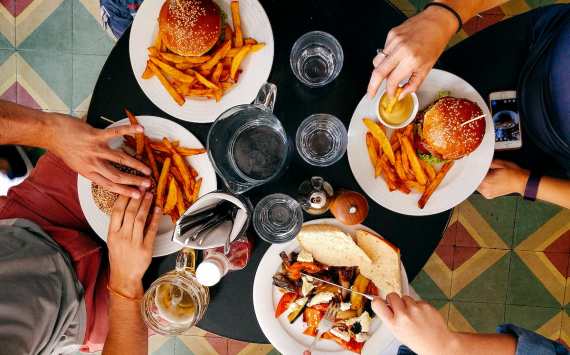
How price hikes are impacting popular restaurant chains in Britain
Dining out in Britain has become increasingly expensive in recent months as restaurants and pubs struggle with rising costs. Some of the popular chains, including McDonald's, Wetherspoon, Nando's, and Zizzi, have increased their prices since last year, affecting the cost of meals, drinks, and overall dining experiences. In this article, we explore the extent of the price hikes and their impact on the food and beverage industry.
Nando's
Nando's has increased the prices of its menu items, including a quarter chicken with two sides, which is up 14% from £8.75 to £9.95. The price of a half chicken with sides has risen 8% from £12.45 to £13.50. Additionally, a 330ml bottle of Freedom Pills beer is up 8% from £3.95 to £4.25, and a bottomless Coke now costs £3.60, up 3% from £3.50.
Zizzi
Zizzi, an Italian chain, has also increased its prices, with its spaghetti chorizo carbonara and chicken and prosciutto salad rising by 5% and 3%, respectively, both to £14.95. In addition, a 500ml bottle of Peroni Gran Riserva beer has gone up 3% to £6.95.
Zizzi's Director of Food Development shared with MailOnline: "Our mission is to always provide excellent value for our customers. We take pride in our menu of classic dishes crafted from high-quality ingredients, and continuously strive to maintain affordable prices for our customers. Despite the challenges of the past four years, including the pandemic and rising costs, we have managed to keep our average menu prices below total inflation. As a result, our customers consistently rate us as great value for money."
McDonald's
McDonald's has raised the prices of its mayo chicken burger by 20%, from 99p to £1.19, and the bacon double cheeseburger has gone up 8%, from £2.49 to £2.69.
Wetherspoon
Wetherspoon's 'Ultimate Burger' deal with an alcoholic drink has increased from £9.85 to £10.59, an 8% rise.
In conclusion, The price hikes are due to several factors, including inflation, supply chain disruptions, and labor costs. However, the recent price increases have put a strain on customers' wallets, and some may choose to eat out less often. It remains to be seen how the food and beverage industry will respond to these challenges, but one thing is certain: dining out in Britain has become more expensive than ever.



